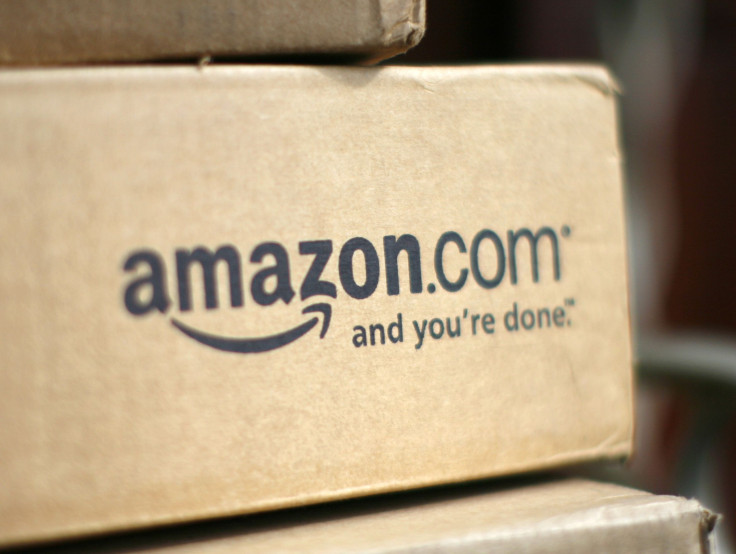Why Is Amazon (AMZN) Deal With US Postal Service Sealed?

The U.S. Postal Service's deal with online retail giant Amazon for Sunday deliveries raised eyebrows on Monday, in part because both parties declined to disclose the financial terms of the arrangement.
Under terms of a contract between Amazon and the USPS, postal workers on Sunday began delivering items at no extra charge to residential addresses of Amazon customers in the New York City and Los Angeles areas, with plans to expand the program to other cities next year.
Amazon and the USPS agreed to the terms in October, but details -- including how much Amazon is paying for the arrangement -- are sealed, Sue Brennan, a USPS spokeswoman, told International Business Times in an email. She explained that the USPS is not permitted to disclose terms of the deal without permission from the Postal Regulatory Commission, adding that the postal service has not made such a request to the commission. The PRC did not immediately respond to questions about when it will disclose the terms of the Sunday-delivery agreement with Amazon.
Brennan said that the agreement will not require USPS to pay employees overtime and that the scheduling needs related to Sunday delivery in the two markets will be handled by existing staff.
The deal with Amazon could be a huge boon for the postal service, which has been struggling with mounting financial losses. Its two largest rivals, United Parcel Service Inc. (UPS) and FedEx (FDX), do not offer regular Sunday delivery (FedEx offers limited delivery options on Sunday, however).
If the program is successful, USPS plans to add more markets, including Dallas, Phoenix, New Orleans and Houston, next year.
It’s unclear whether USPS plans to strike a similar deal with other e-commerce companies.
USPS currently delivers Priority Mail Express on Sundays, as well as holiday packages during the peak mailing season in December, in major metropolitan areas. USPS does not receive any tax dollars for operating expenses and relies on the sale of postage, products and services to fund its operations.
Earlier this year, USPS unsuccessfully tried to end Saturday delivery, after losing $16 billion last year. But its package delivery service has, on the whole, been profitable. The deal with Amazon will likely allow USPS to garner a larger chunk of the $186 billion e-commerce market.
Amazon Prime members, who pay $79 a year for free two-day shipping, will also benefit from the deal.
The retail behemoth wields plenty of influence in Washington. Amazon spent $2.5 million in lobbying during 2013 on topics as wide-ranging as enforcement of sales taxes on online sales, transportation safety, privacy and data protection and intellectual property. The lobbying money was directed at state governments and the federal government, according to Opensecrets.org.
The deal with the USPS comes on the heels of Amazon's fierce bidding war with IBM to provide cloud services to the CIA. Though Amazon Web Services was awarded the deal in February, IBM immediately protested the decision and the CIA announced a rebid for the contract after the Government Accountability Office upheld IBM's complaints. The GAO concluded that the CIA relaxed the terms of the contract regarding "software certification" in a way that only benefited Amazon Web Services' bid. Amazon soon fired back, filing a 61-page complaint against the government, arguing that the GAO's decision was to uphold them was "arbitrary and capricious."
The USPS said in a statement that “by offering Sunday delivery, the Postal Service is focused on serving the needs of our valued customers in today’s busy online world.” Amazon did not respond to a request for comment.
© Copyright IBTimes 2024. All rights reserved.











